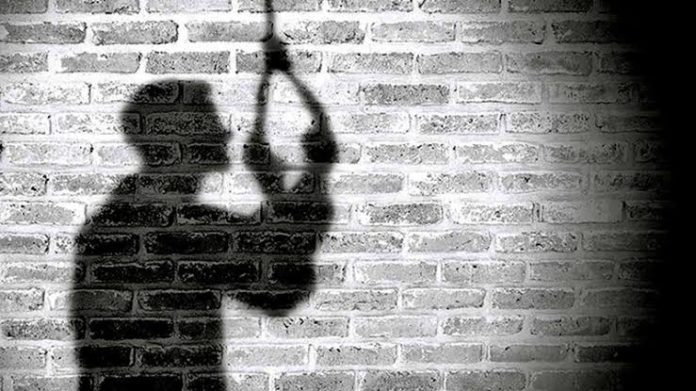In a historic ruling, Justice Lawrence Mugambi of the High Court has declared Section 226 of Kenya’s Penal Code unconstitutional, effectively decriminalizing attempted suicide. This transformative decision signifies a major step forward for mental health advocacy in the country, offering individuals battling mental health conditions the opportunity to seek help without fear of criminal charges.
Section 226 of the Penal Code had previously criminalized attempted suicide, imposing penalties of up to two years in prison, fines, or both. Critics have long argued that this provision was outdated and failed to address the underlying mental health issues that lead individuals to attempt suicide. The law was challenged in court by the Kenya National Commission on Human Rights, mental health advocate Charity Muturi, and the Kenya Psychiatric Association. They argued that criminalizing suicidal behavior further stigmatized mental illness and discouraged those in need from seeking timely medical intervention.
In his judgment, Justice Mugambi emphasized that criminalizing individuals for attempting suicide was discriminatory and violated their constitutional rights to equality, dignity, and healthcare. He noted that suicidal tendencies often stem from untreated mental health conditions, which require medical support rather than punitive measures. “Punishing individuals for suicidal behavior is akin to shaming them for actions driven by mental health struggles,” Justice Mugambi said. “It undermines their dignity and prevents them from accessing the care they need.” The ruling aligns with Kenya’s commitment to addressing mental health issues as outlined in the Constitution, particularly Articles 27, 28, and 43, which guarantee equality, human dignity, and access to healthcare.
The decriminalization of attempted suicide is expected to reduce the stigma surrounding mental illness significantly. It will encourage individuals experiencing suicidal thoughts to seek help without fear of prosecution. Mental health experts also believe this ruling will enhance the accuracy of data on suicide attempts, enabling better resource allocation and policy development to combat mental health crises. This decision is consistent with recommendations in the 2019 Mental Health Task Force report titled Mental Health and Wellbeing; Towards Happiness and National Prosperity 2020. The report advocated repealing Section 226 to improve mental health care and support systems nationwide.
The High Court’s decision has been hailed as a monumental victory for human rights and mental health awareness in Kenya. Advocates see it as a necessary step toward fostering a compassionate and supportive environment for those struggling with mental illness. “This ruling marks a new chapter in how we address mental health in Kenya,” said one mental health advocate. “It’s a message to all Kenyans that seeking help is not a crime but a courageous act.”
As Kenya takes this progressive step, the focus now shifts to implementing policies and resources that provide accessible and affordable mental health care to all, ensuring that no one suffers in silence.


